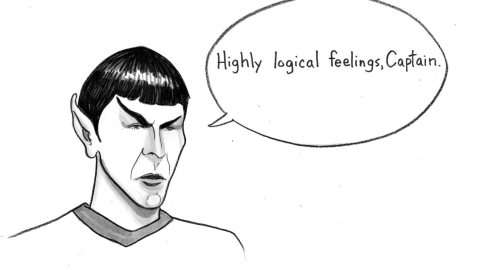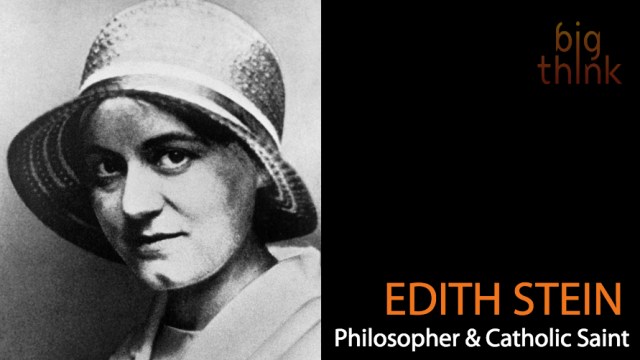The Cognitive Science of Kirk and Spock

Star Trek’s logic illustrates weaknesses in pop psychology’s models of emotions, intuition, logic, and morality. Let’s “Kahnemanize” Kirk and Spock:
1. Spock embodies rationalist philosophy’s ideal that “reason is more powerful than … emotion,” that it “triumphs over emotion.” But cognitive science shows…
2. Feeling IS fast thinking (rapid “reasoning”). Per Kahneman, our “System 1” generates feelings = rapid, intuitive reflex reactions. Our “System 2” does slower, reflective, conscious, deliberative thinking.
3. “Logic” and emotion aren’t simple opposites. Feelings process sense data according to some logic (the emotional grammar of stories, “people physics”). And deliberative thinking often isn’t “logical.” Either can be logically apt or inept.
4. Logic has four elements: assumptions, arguments, skills, and goals. All logic is local to its assumptions. Only the appropriately skilled can construct arguments from assumptions to goals. Calling something “illogical” can mean disagreeing about any of those elements.
5. System 2 dominates, while Kirk is System 1 driven. But within us “the norm of mental life” is System 1 and 2 operating largely separately, and without communicating well.
6. Kirk’s intuitive gut-feel decisions? But “intuition is nothing more and nothing less than recognition.” Kahneman says an experienced firefighter can know, “without knowing how he knows” that a situation is unsafe. (System 1 recognizes cues, unbeknownst to System 2.)
7. Trustworthy intuitions require: (a) environments with sufficiently “stable regularities”; and (b) enough exposure for System 1 to learn the patterns. Intuition can work in chess, but not in stock markets ( = prone to the “illusion of skill”). In unstable or unpatterned contexts (first contact with aliens?) no useful System 1 recognition is possible.
8. Our cognitive plumbing ensures feelings are largely involuntary (autonomic reflexes). This unwilledness has produced many odd “explanations,” e.g., possession by gods, or Freud’s fictions miscasting System 1 habits as “repressed” dark impulses.
9. Generally our System 2 can choose our feelings only indirectly, by putting our System 1 in situations that evoke those feelings. We can train our System 1 reactions to contextual triggers, but only with great prior effort (see Better Behaved Behavioral Models).
10. Rationalists also often mistake our moral plumbing. Empirically System 1 intuition is “the main cause of moral judgment.” System 2 later provides justification or rationalization (or experiences “moral dumbfounding”).
Kahneman’s System 1 and 2 make our cognitive plumbing clearer. They can help us use our minds more wisely.
Illustration by Julia Suits, The New Yorker Cartoonist & author of The Extraordinary Catalog of Peculiar Inventions.





